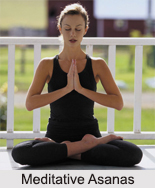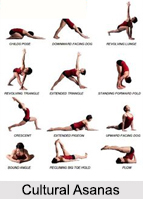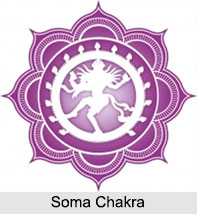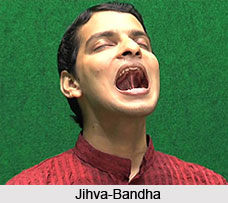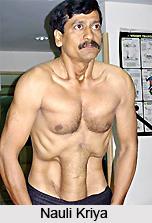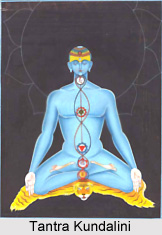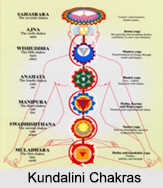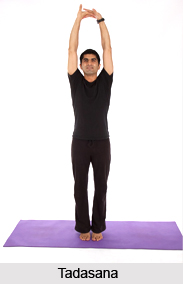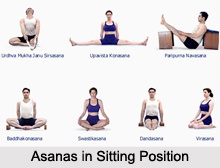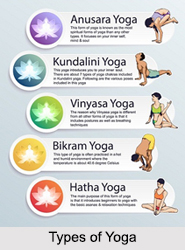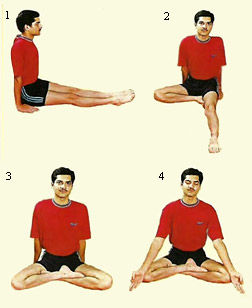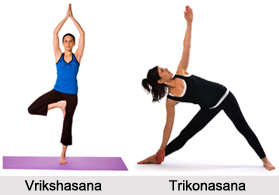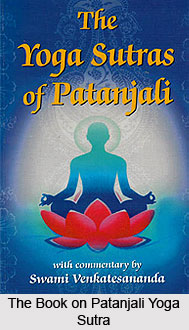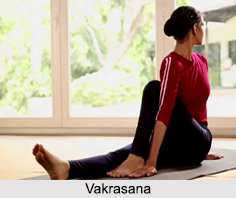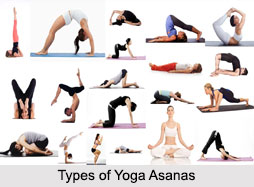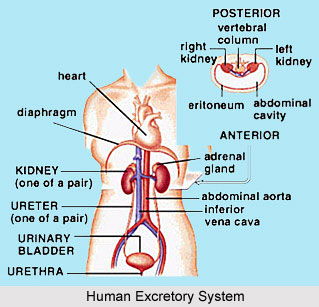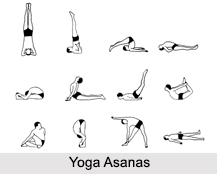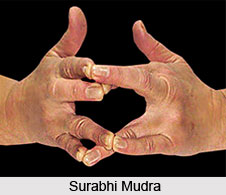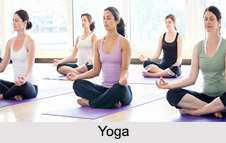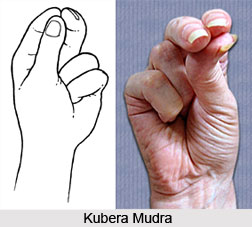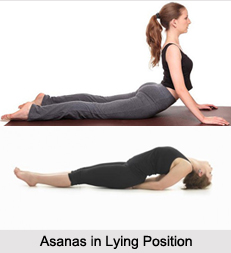 Headache is one of the most common complaints amongst people of all ages. This is a symptom and not a disease. Headache can occur due to various reasons. This physical trouble is classified according to its symptoms.
Headache is one of the most common complaints amongst people of all ages. This is a symptom and not a disease. Headache can occur due to various reasons. This physical trouble is classified according to its symptoms.
Various types of headaches include headache due to anxiety or tension depression, constipation, alcoholism, migraine or sick and at times biliary headache as well. Headache due to anxiety disturbs the sleep for an extended period of time. Migraine is usually one-sided headache that is repetitive and pulsating. Some diseases also lead to headache such as high blood pressure, allergy, epilepsy, fever, liver and kidney problems and eye troubles. Sinus trouble, infection and inflammation are some more reasons for headache. Toothache, various neuralgias and tension in the body can also cause headache. Trauma, meningitis, syphilis and cerebral tumors are again some of the primary causes of headache.
During a headache, yoga postures and pranayama can help to alleviate the pain and release tension and stress. Practice in a tranquil environment with low lights and soft music. One should conclude the yoga practice with savasana using an eye pillow or folded small towel over the eyes and start the savasana with Dirgha pranayama that indicates slow deep breathing in the belly and chest.
The tension-type headache can be extremely bothersome. It is often caused by stress, anxiety, depression, unbalanced activities, and poor diet. But through various yogic techniques a person can avoid and control headaches. `Bhramri Paranayam` is the most efficient Yoga practice to reduce headache. This meditative asana should be practiced in fresh air and a calm environment. One must close both the eyes and inhale deeply and then close ears with both palms. Then, by concentrating on the `Agya Chakra` between the eyebrows, one must raise the head upward; exhale slowly, with mouth closed and make humming sound of a bee, while reciting "OM" mentally.
Yoga provides a holistic approach to the lifestyle of the Yogi. A more holistic approach is adopted through Yoga to stop troublesome and painful headaches. This procedure can be carried out through relaxation techniques, Yoga diet, and psychological counseling if the fundamental causes of the headaches are anxiety and depression. When proper diet is adopted, Yoga is greatly effective in reducing the `anvil-heads`. Yoga Poses and meditation can release the mind and body from the disorder and confusion of scattered thoughts and disturbed activities that often cause tension-type headaches.Some of the Yoga poses that are greatly suggested in such cases include suryanamaskar, bhujanga asana, pawan muktasana, sirsasana, kapalabhati, shitali pranayama, savasana, jalandhar banha and kunjal jal neti. In addition to the above-mentioned Yoga asanas and pranayama practice of yoga Nidra, concentration and meditation gives the best result. Tension headaches, also categorized as muscle contraction, often can be alleviated through deep breathing and relaxation asanas, especially while lying down in a quiet place. Inverted postures increase oxygen to the brain and can also reduce headache-causing strain.
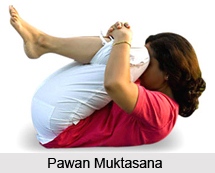
A regular routine of Yoga exercises, breathing techniques, and meditation can help to prevent chronic headaches or reduce their severity. Exercises that stretch the muscles can release the tension that often causes headaches.
The Yoga poses that are recommended for headaches is as follows -
•Sukhasana is one of the classic Meditative Poses and is usually performed after practicing the Savasana. The Sukhasana pose helps in straightening the spine, slowing down metabolism, promoting inner tranquility, and keeping the mind still.
•Neck exercises play a vital role in curing headache. Many people hold tension in their necks and shoulders, leading to inflexibility, bad posture, and tension headaches. Yoga practice helps to ease tension, increase flexibility, and tone the muscles.
•The shoulder stretch yoga pose are great in relieving stress and tension on the shoulders, as well as the entire upper back. One should practice them daily for several weeks continuously.
•The Sun Salutation or Surya Namaskar is a Yoga Pose that enlivens the whole body in preparation for the next series of Yoga Asanas. It is a graceful sequence of twelve Yoga positions performed as one continuous exercise.
•Half spinal twist yoga pose lengthens and strengthens the spine, thus bringing a light feeling to the body. It is also beneficial for the liver, kidneys, as well as adrenal glands. One should strictly practice this Yoga pose under the supervision of a Yoga instructor.
•Bidalasana or the cat pose teaches one to initiate movement from the center and to coordinate the movement and breath. These are two of the most important factors in Yoga practice. One should not practice this asana if he/she has any chronic or recent back pain or injury.
•Pavanamuktasana is one of the most important asanas for headaches. Since this helps the individual to get relief from gastric trouble that often causes headaches. The term Pavanamuktasana comes from the Sanskrit word `pavana` which means air or wind and `mukta` which means freedom or release. The Wind Relieving Pose works mainly on the digestive system and helps in eliminating excess gas in the stomach.
•Savasana is considered as a classic relaxation pose and is practiced before or in between asanas as well as a final relaxation. Savasana brings tranquility to the mind and thus brings relief to the headache.
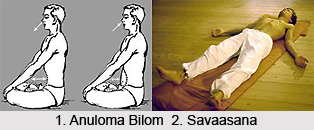
•Anuloma Viloma is the special breathing technique that cures headache to a great extent. It is a cleansing process of the nostrils.
Headache can be prevented and also cured greatly, if followed by a healthy lifestyle. Yoga lifestyle includes a proper diet that, once adopted, can nourish the body with what it actually needs. On the whole, not only are those tension-type headaches reduced, they are even eliminated through Yoga. The person will also feel revitalised and refreshed all over and all these without any side effects of strong drugs.
DISCLAIMER - The Yoga asanas prescribed above should be strictly performed under the supervision of an experienced Yoga teacher.
